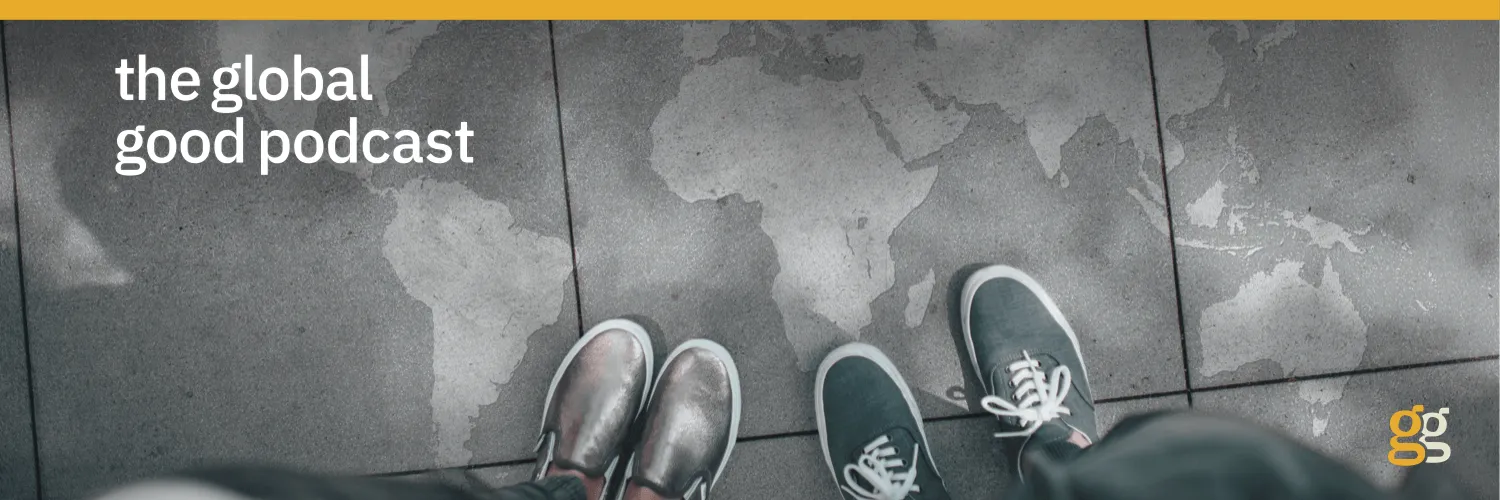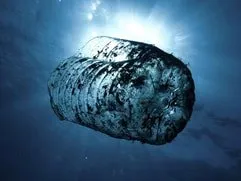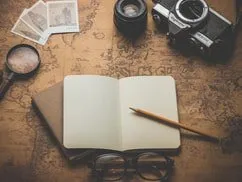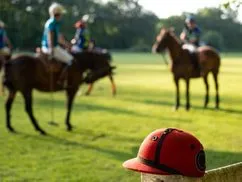Welcome to 1895, when America was deep into The Great Book Scare. This week we’re going to meet Jessie Allan, a librarian in Omaha, Nebraska whose death from tuberculosis unwittingly fueled a book burning fire. We’re taking a deep dive to learn more about human reactions to fear, misinformation, book burning, and how Americans became convinced that library books spread deadly diseases.





